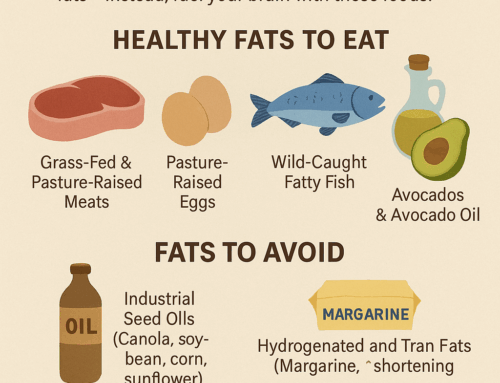In a world filled with constant stressors, the connection between our environment and mental health often goes overlooked. However, growing evidence suggests that regenerative agriculture, focusing on sustainable and holistic farming practices, can be crucial in promoting mental wellness. Let’s explore the symbiotic relationship between regenerative agriculture and mental health, shedding light on the importance of embracing sustainable farming to benefit our mental well-being.
Engaging with nature has long been associated with positive effects on mental well-being. Regenerative agriculture emphasizes working with, not against, nature. The hands-on, outdoor nature of regenerative farming provides individuals with opportunities to connect with the land, fostering a sense of purpose and tranquility.
Regenerative agriculture is rooted in mindful farming practices prioritizing soil health, biodiversity, and overall ecosystem balance. Engaging in these practices can be meditative, encouraging farmers to be present in the moment and mindful of their actions. This mindfulness benefits the land, reduces stress, and increases mental clarity.
The regenerative agriculture movement often emphasizes building solid and local communities. By supporting local farmers who adopt regenerative practices, individuals become part of a community that values sustainable living. This sense of belonging and shared purpose can significantly impact mental health by reducing feelings of isolation and fostering a support network.
Regenerative agriculture focuses on cultivating nutrient-dense, organic produce. Consuming foods grown in nutrient-rich soil provides essential vitamins and minerals for brain health. Research suggests that a diet rich in these elements can positively influence mood, cognitive function, and overall mental health.
The climate crisis is a growing concern that can contribute to feelings of anxiety and hopelessness. Regenerative agriculture is a solution that promotes carbon sequestration, reduced chemical usage, and overall sustainability. Participating in such practices gives individuals a sense of purpose, actively contributing to a healthier planet and potentially alleviating climate-related mental distress.
As we navigate the complexities of modern life, it’s essential to recognize the profound impact of regenerative agriculture on mental health. By fostering a connection with nature, promoting mindful farming practices, building community ties, and providing nutrient-rich foods, regenerative agriculture emerges as a holistic approach to cultivating mental wellness. As consumers, supporting local farmers and advocating for sustainable practices benefits the environment and contributes to the well-being of individuals and communities. Visit farmmatch.com to find a regenerative farmer near you.
To learn more about the importance of nutrition and mental health, visit our post https://thejemfoundation.com/the-vital-connection-between-nutrition-and-mental-health/







Leave A Comment